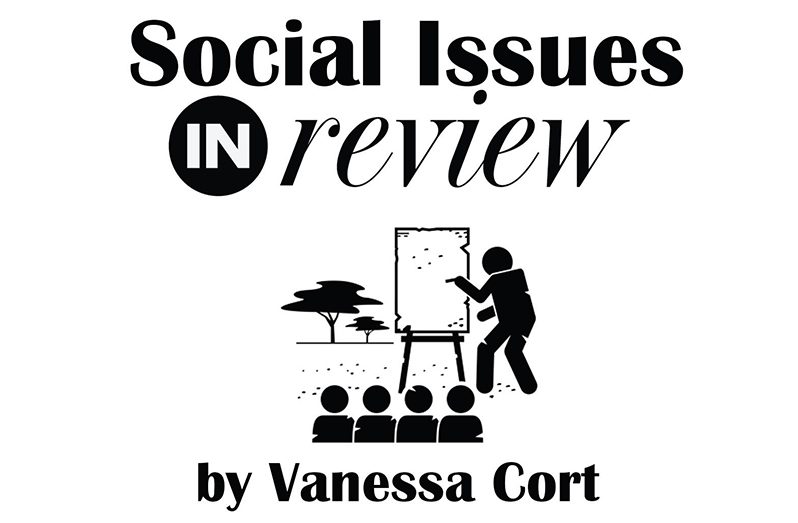THE group which is perhaps most guilty of the raucous behaviour, indecent language and violent altercations we see on our streets are the adolescents. This is what many refer to as the ‘touchy’ period in a child’s life. It is also a time when parents are at a loss to know how to connect with their offspring, who may seem difficult, moody, antisocial, or distant.
In this country, where parents either show little tolerance for young people at this stage of their lives or pay scant attention to them, the problems loom large. Neither of these approaches is effective.
Resorting to physical force, particularly when it is excessive, only exacerbates the problem. It may also have no real effect, as I have heard children say, ‘licks does bun an cool’. On the other hand, allowing a child ‘ free rein’ with little or no parental monitoring can lead to the kind of mayhem we sometimes witness on our streets. Then you hear comments like: “Dey runnin wile”, “Nobody cyaan control dem”, “I doan know since when young people behavin suh!”.
The experts tell us, “Adolescence is the period of transition between childhood and adulthood.” Some say this period begins as early as age 10 and ends at age 19, but all agree that it can extend even longer, as the process may vary from person to person. It involves physical as well as emotional and social change, caused by the release of certain hormones. During physical change, the sexual organs mature, and growth spurts may occur. There may also be an increase in body hair, stronger body odour, and a flare-up of acne.
Psychologically, a child “begins to observe, measure and manage their emotions.” Children also become more independent, more self-aware and more aware of the feelings of others. They are also developing socially, which particularly involves the search for identity.
During this period of upheaval in their lives, children tend to be more impulsive and more susceptible to peer pressure and the influence of social media, such as cyberbullying. It is at this stage, too, that they may display what is termed “teenage rebellion” – engaging in acts that ” can be of concern to adults.” So, in a sense, young people have always been ‘behavin suh’, because this is all a part of puberty and adolescence.
However, it seems that in this country, and indeed worldwide, adolescent issues are becoming more problematic, with children ‘acting out’ in ways not seen in an earlier age and parents often in denial of their child’s behaviour. In Guyana, we hear comments like, “Is not me chile”, “Me chile would never do duh.”
The reasons for this upsurge in anti-social action are many and varied, as the world becomes more complex with the advent of social media, which exerts greater influence, along with movies and television programmes. In this changing climate, parental guidance is even more important and centres around adequate and meaningful communication, not physical force or minimal monitoring.
As the Cleveland Clinic in the US states, “Instead of having a ‘helicopter parent’ who swoops in and saves the day, or a ‘snowplough parent’ who moves all challenges out of their child’s way, adolescents benefit most from a parent who’s a ‘lighthouse’. This kind of parent keeps their child in bounds whenever it’s a matter of safety or ethics, while allowing them to explore their own decision-making.”
So, parents, take note, the responsibility for guiding children through this difficult period rests with you. There is no perfect solution to all your adolescent’s problems, but you can take definite steps in the right direction.



.jpg)








